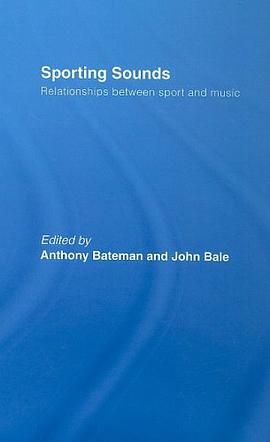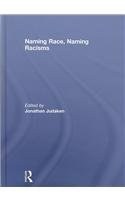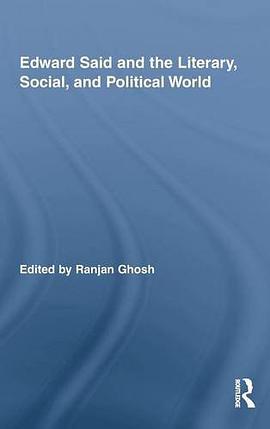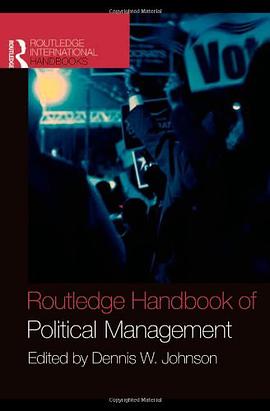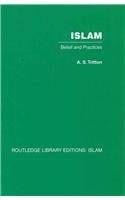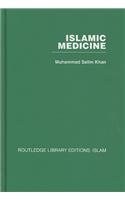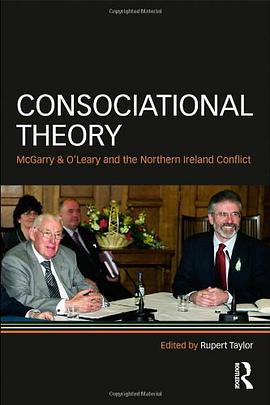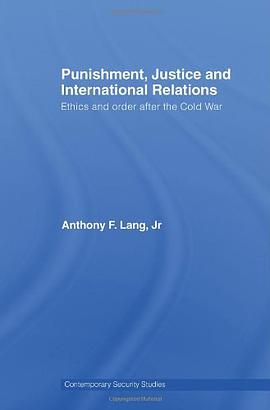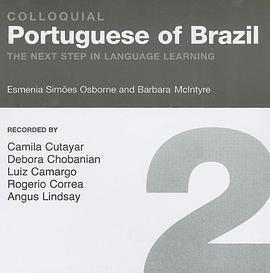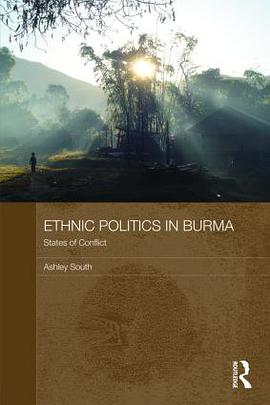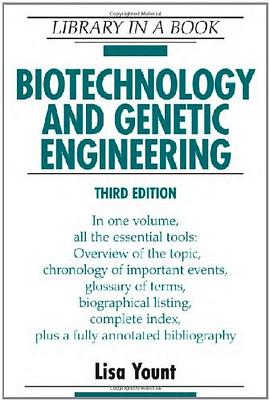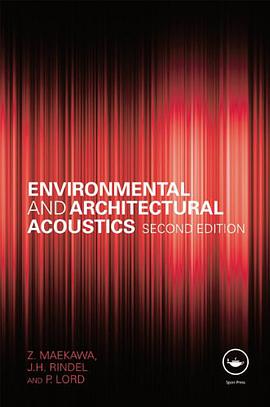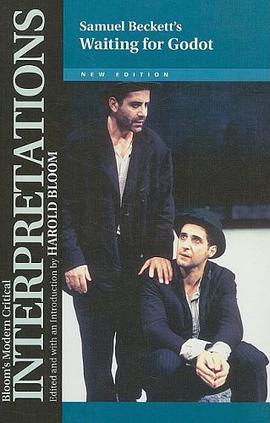

This book examines the meaning of work for women in contemporary Indonesia. It takes a broad definition of work in order to interrogate assumptions about work and economic activity, focusing on what women themselves see as their work, which includes not only paid employment, home life and child care, but also activities surrounding ritual, healing and religious life. It analyses the key issues, including the contrasts between 'new' and 'old' forms of work, the relationship between experiences of migration and work, and the ways in which religion - especially Islam - shapes perceptions and practice of work. It discusses women's work in a range of different settings, both rural and urban, and in different locations, covering Sumatra, Bali, Lombok, Java, Sulawesi and Kalimantan.A wide range of types of employment are considered: agricultural labour, industrial work and new forms of work in the tertiary sector such as media and tourism, demonstrating how capitalism, globalization and local culture together produce gendered patterns of work with particular statuses and identities. It address the question of the meaning and valuing of women's 'traditional' work, be it agricultural labour, domestic work or other kinds of reproductive labour, challenging assumptions of women as 'only' mothers and housewives, and demonstrating how women can negotiate new definitions of 'housewife' by mobilizing kinship and village relations to transcend conventional categories such as wage labour and the domestic sphere. Overall, this book is an important study of the meaning of work for women in Indonesia.
具体描述
读后感
评分
评分
评分
评分
用户评价
相关图书
本站所有内容均为互联网搜索引擎提供的公开搜索信息,本站不存储任何数据与内容,任何内容与数据均与本站无关,如有需要请联系相关搜索引擎包括但不限于百度,google,bing,sogou 等
© 2025 book.wenda123.org All Rights Reserved. 图书目录大全 版权所有

